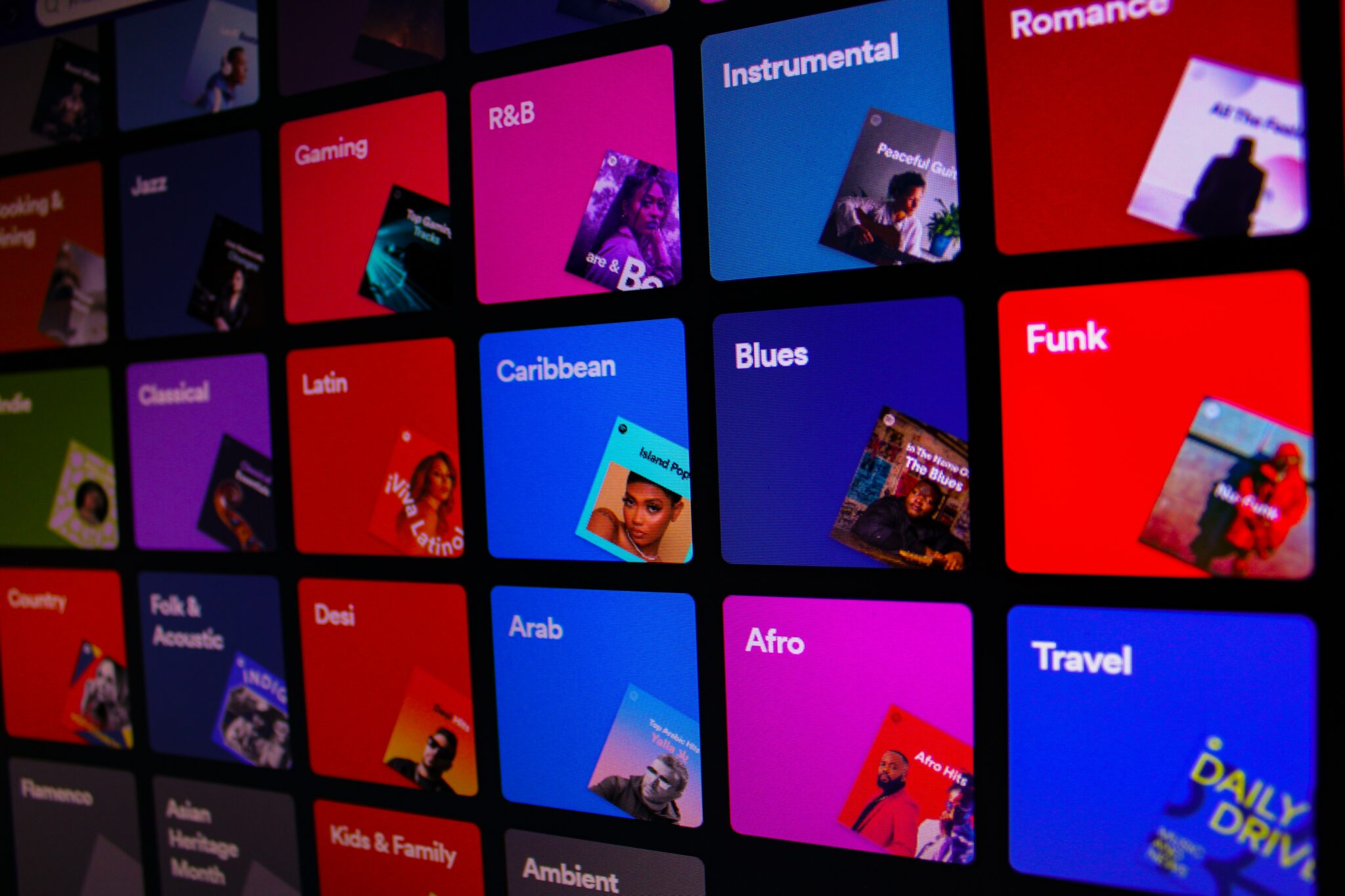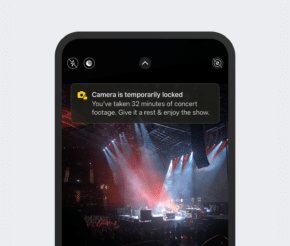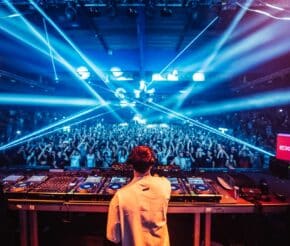- Advertise
-
Subscribe
The Link Between Hearing Damage and Listening Habits
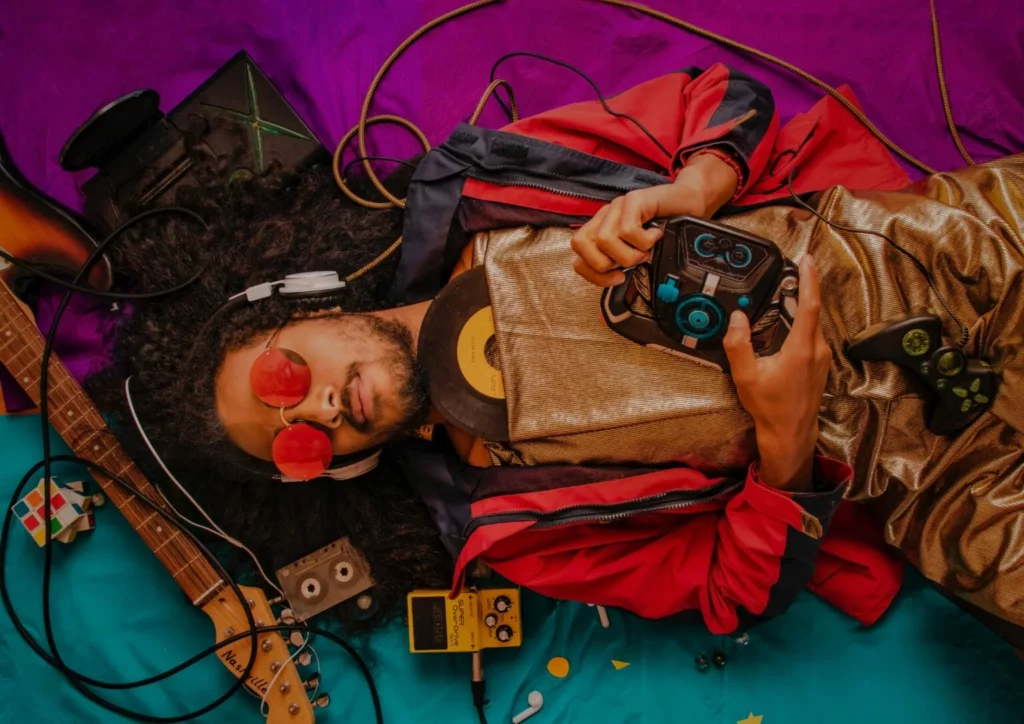
Well, well, well, we never thought we’d see the day we became that annoying neighbour telling you to “turn the music down or we’re calling the police”.
And yet here we are, saying it (sensibly) loud and proud for all to hear (minus the police part) – it’s time to turn your volume down. Seriously, we mean it. Your harmful listening habits are doing you no favors.
Don’t trust us? Trust the hearing experts
We’re not trying to kill your buzz because it’s a school night. And no, we couldn’t care less about work in the morning.
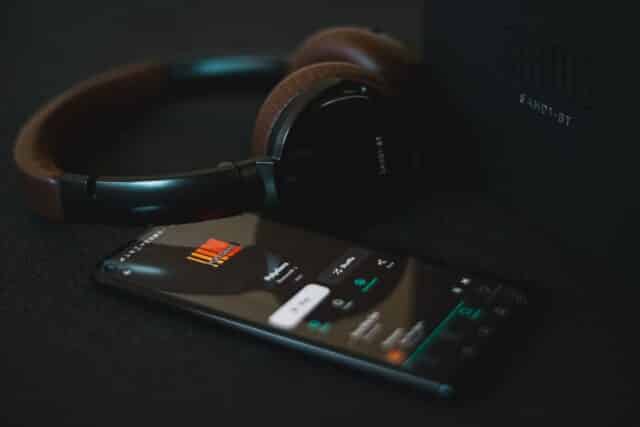
Our concern with your volume levels stems from a different place altogether.
Sadly, we can back up our suspicions that your tunes are doing your ears some hearing damage with cold, hard facts propped up by tons of scientific research.
Don’t believe us? You will by the time you’ve finished reading.
Because it’s simple – excessive noise exposure from listening to music is way more normalised and dangerous than you might have previously thought.
Your everyday listening habits are equal to channelling the sound of a chainsaw directly into your ear holes
To give you some context: 60 Db (decibels) is the average loudness of a normal conversation where neither party is raising their voice.
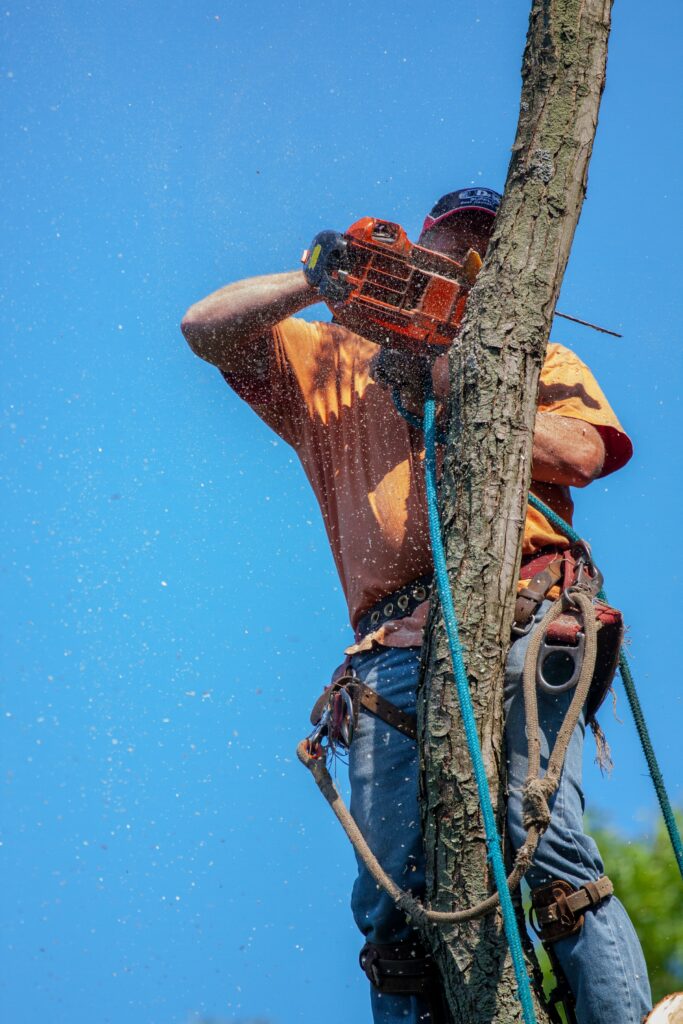
85 Db is equal to the sound of heavy city traffic, and an average alarm clock rings in at about five or so Db quieter than that – which still sits just under the danger zone in terms of excessive noise exposure.
A chainsaw is 105 Db – which takes us into the red zone in terms of the threat of hearing damage.
You know what else is 105 Db? Listening to your headphones at full volume on most smartphones. That’s where the hearing damage part comes in.
That’s right, your everyday listening habits are equal to channelling the sound of a chainsaw directly into your ear holes on the daily. And that’s only five Db quieter than someone shouting into your ear at full volume from 0 feet away.
Experts are worried, so why aren’t you?
Is it any wonder experts worry we might be doing our hearing some serious damage when we neglect to keep our volume at the recommended levels?
There’s a reason Apple introduced warning notifications when they detect that you’ve been listening to your music at sounds greater than 80 Db for a duration longer than 40 hours over the last seven days.
According to Deaf Blind UK, noise experts recommend that you limit your listening to between 60 and 85 Db per session, keeping anything above 100 Db to a strict time limit of 15 minutes if you want to protect your ears from harm.
In fact, the organisation themselves recommend sticking to two thirds of your volume level, max (which is closer to the 60 Db side of things).
They also say that if you sit in a silent room and hear a ringing in your ears that sounds louder than it did the last time you listened out for it, you should probably take a few days off from music altogether or run the risk of making your hearing damage worse.
Clubs are just as bad (or worse)
Say you do decide to ditch the headphones on your morning commute, does that mean you’re safe from harm’s way?
Not quite, unfortunately.
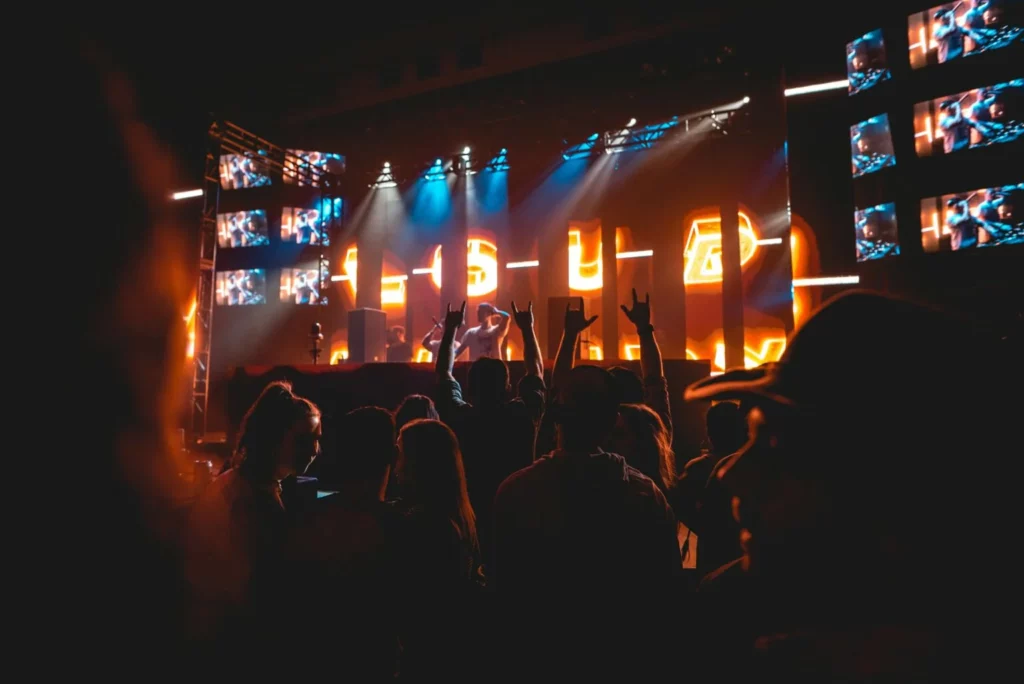
If you’d classify yourself as a bit of a weekend raver, chances are you’re still doing your ears some hearing damage, even if you always heed your iPhone’s listening advice.
If you’re standing about a metre away from a speaker in a nightclub, chances are you’re being exposed to at least 100 Db of noise over a number of hours (which is well over your recommended dosage of thumping bass).
The Center for Disease Control and Prevention estimates that this figure can be even higher, citing concerts and live events as a noise risk closer to 110 Db – a number that causes hearing loss within five minutes of exposure.
In other words, it’s pretty noisy. No wonder you might find your ears ringing for days after attending a festival or live music concert.
It’s not uncommon for loud music lovers to experience side effects like tinnitus, difficulty hearing, and ear pain
Recognise the annoying ringing sound we’re on about? There’s a name for it: tinnitus.
It’s a common side effect of Loud Noise-Induced Hearing Loss. It can last anywhere from a few hours to the rest of your life (in some extreme cases).
Though it tends to affect older adults more, it’s a pretty noticeable way of detecting when you’ve been a bit too trigger happy with the volume button.
It’s not uncommon for loud music lovers to experience side effects like tinnitus, hearing difficulty, and ear pain after a particularly noise-heavy week.
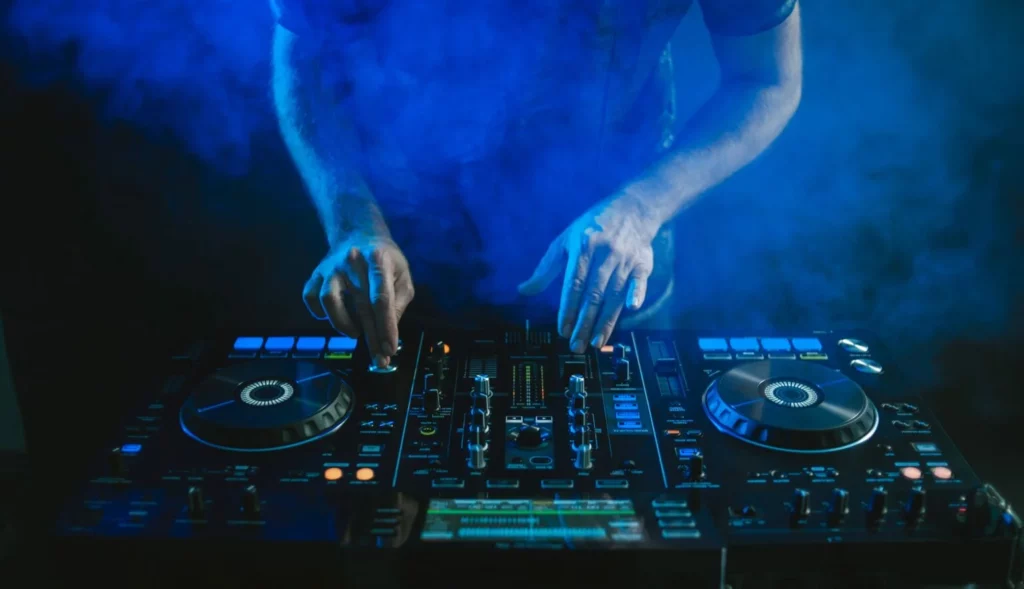
If you’re relating to this a bit too much, don’t stress. What’s also common is for these symptoms to clear up in a matter of days, meaning they didn’t cause any long-term hearing damage. But that happens only if you give the clubbing a miss and ditch your earphones for a little while.
You can still enjoy music without causing hearing damage
As with the best things in life, loud music should be consumed in moderation.
Keeping your earphones to no more than two thirds volume, limiting listening time to under an hour a day, and wearing ear protectors at the club (yes, it’s possible to still look cool doing so), are all relatively easy ways to ensure that your music obsession doesn’t result in a long-term hearing damage.
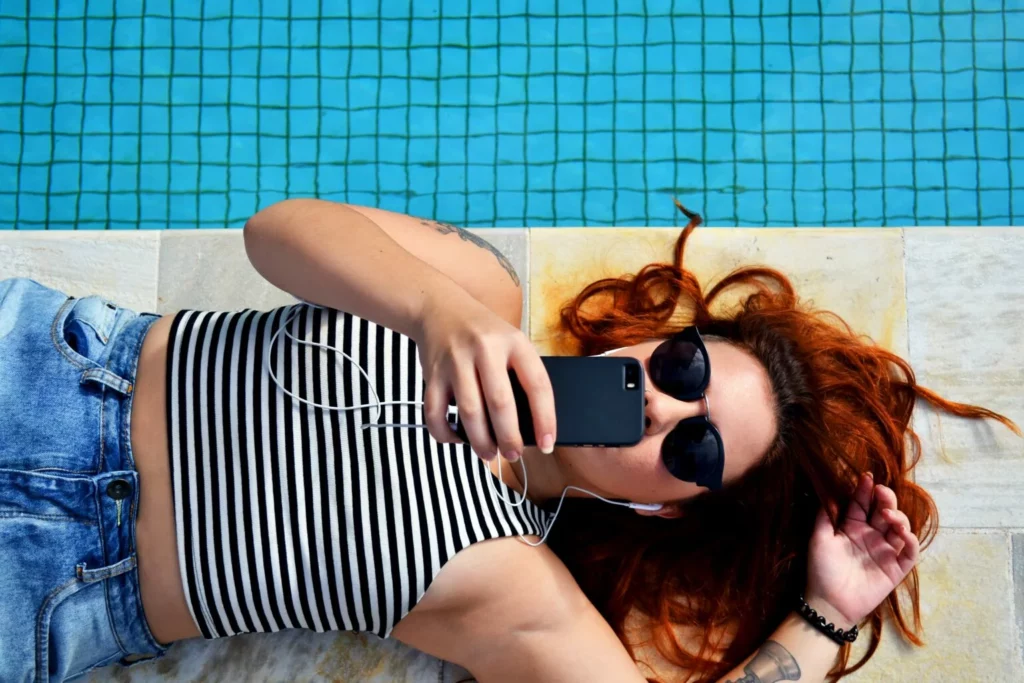
As any true music-lover will surely know, the only thing worse than not being able to listen to your music at full volume is not being able to hear it at all.

